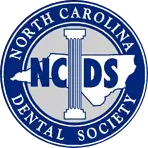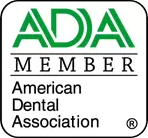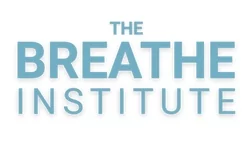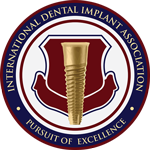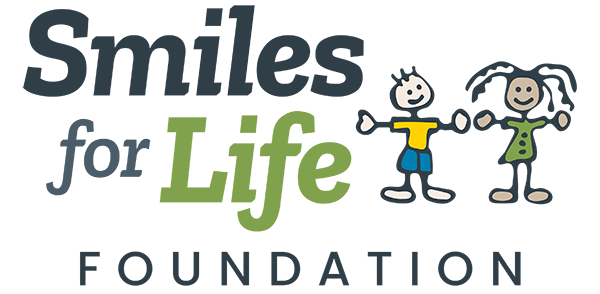What Is TMJ Disorder?
 TMJ stands for temporomandibular joint. This is the joint located on either side of the head that connects the jaw to the rest of the skull. Temporomandibular joint disorders or temporomandibular joint dysfunction is a family of problems related to this complex jaw joint.
TMJ stands for temporomandibular joint. This is the joint located on either side of the head that connects the jaw to the rest of the skull. Temporomandibular joint disorders or temporomandibular joint dysfunction is a family of problems related to this complex jaw joint.
Because of this complexity, the TMJ is susceptible to quite a few stressors. These problems occur when the joints and muscles aren’t quite working together as they should. TMJ disorders—or TMDs—can stem from arthritis, physical trauma, teeth grinding, stress, or a misaligned bite.
Dr. Coleman or Dr. Dastrup can analyze your TMJ case and provide attention catered to your specific needs.
Common Causes of TMD
- Do you grind or clench your teeth?
- Are you feeling stressed or overwhelmed?
- Have you recently experienced an accident or injury?
- Has your bite changed or shifted?
- Do you have teeth that are loose, sensitive, broken, or worn down?
- Do you have a very severe underbite or overbite?
Any of these things can cause a great deal of stress on the temporomandibular joint. If you have recently experienced anything on this list, the symptoms you experience may be related to TMD.
Common Symptoms of TMDs

- Does your jaw click, pop, or lock?
- Is it uncomfortable to chew or open your mouth?
- Do you have sore or stiff muscles in your jaw or face?
- Do you suffer from frequent headaches?
- Do the muscles in your jaw ever spasm or tense up?
Treatment of a TMJ disorder can relieve any or all of these symptoms. Contact us with any questions you may have about this treatment.
TMJ Treatment Options
We can use a variety of treatments to improve the function of your jaw. First, we will conduct an analysis to diagnose the exact details of your TMD. Every situation is a little different, and it’s important to customize your treatment to you.
Most TMDs are caused by stress on the joint. Relieving this stress will allow the joint to heal. Sometimes that requires an oral device or splint which will hold the joint in place while it heals. Sometimes the relief of a TMJ disorder requires an alignment treatment or bite adjustment.
Whatever treatment you require, the ultimate goal is to relieve the stress off of your TMJ. Here at our office, we’ll work to do just that.
Common treatment options for TMJ:
- Relaxing the temporomandibular joint.
- Stress management.
- Mouth guard to reduce teeth grinding.
- Posture adjustments.
- Surgery.
- Pain relievers.
TMJ FAQs
Get Headache Relief with TMJ Treatment in Davidson, NC
If you’re experiencing TMD-related symptoms, schedule a visit to our office so we can help determine what treatments are right for you. Simply call our office or fill out the contact form on this page. We look forward to serving you with high-quality care and resolving your TMD problems permanently!
Related Content:



